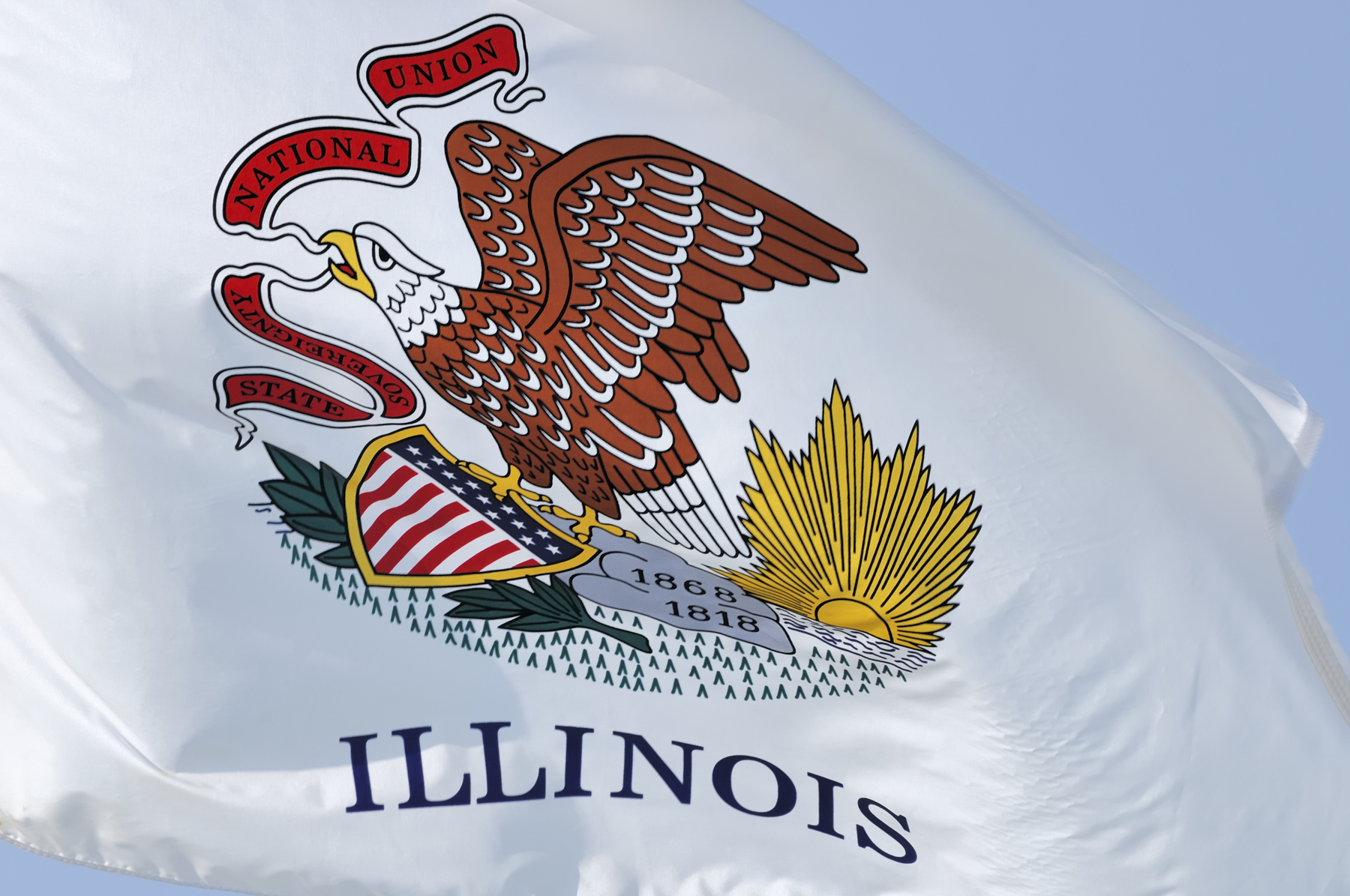As Illinois continues to work toward enhancing broadband access across the state for its residents, the Illinois Broadband Lab (IBL) is collaborating with the Illinois Office of Broadband and the University of Illinois System to take the next step in deploying $1.04 billion in federal Broadband Equity, Access, and Deployment (BEAD) Program funds.
Under the BEAD Program, local governments, nonprofit organizations, and Internet service providers are allowed to challenge the accuracy of the FCC broadband map’s designation of unserved and underserved locations. The hope is that allowing these entities to challenge the map will ensure that federal resources are directed to areas where they are most needed.
Illinois plans to launch its map challenge in January 2024, subject to final approval from the National Telecommunications and Information Administration (NTIA). Interested entities eligible for participation can now sign up for the upcoming challenge process by completing a pre-registration webform.
In preparation for the challenge, the IBL is conducting a series of webinars this December to provide assistance and insight for interested eligible entities.
Upcoming Webinar Details:
–Tuesday, Dec. 12, 1:00-2:00 pm: BEAD Challenge Process preparations for eligible entities, covering pre-registration, types of challenges, required evidence, understanding and using FCC Fabric or the Illinois BEAD Challenge Map, speed test data collection, and best practices for documenting and aggregating challenges.
–Tuesday, Dec. 19, 1:00-2:00 pm: A deeper dive into the information covered in the Dec. 12 session.
Participants may register for these webinars here. Additional webinars will be scheduled for early January to help guide participants on how to submit challenges to the Illinois portal before the process formally opens. Specific challenge period dates are contingent on the timing of federal approval.
Learn more about Illinois’ plans to utilize the new federal broadband funds by reviewing the Connect Illinois Five-Year Action Plan. For more information on Illinois’ proposed challenge process, click here.

Comments are closed